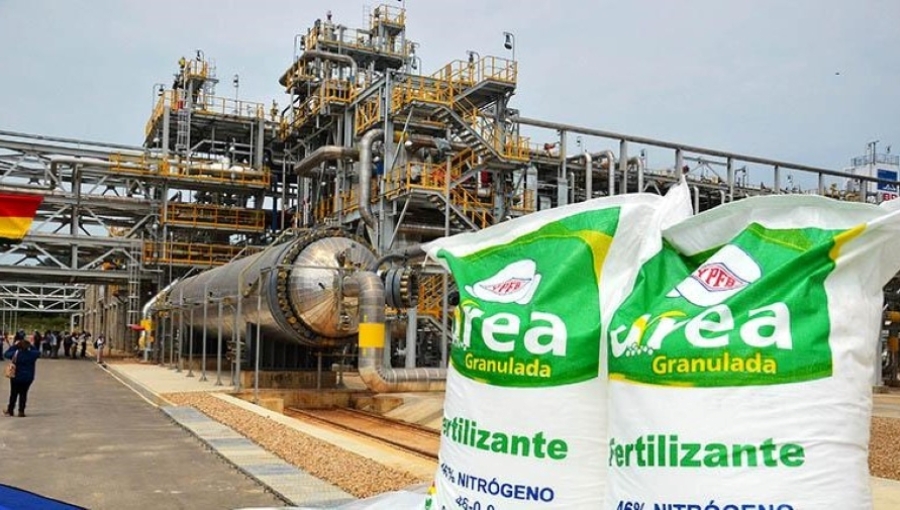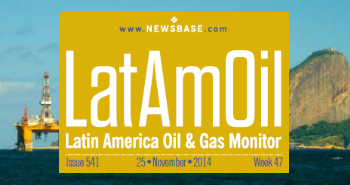YPFB sees revenues rising 35% this year

Wilson Zelaya, the CEO of Bolivia’s national oil company (NOC) YPFB, has indicated that conditions are improving in his country’s hydrocarbon sector.
Speaking during the 2021 Initial Public Accountability Hearing last week, Zelaya reported that YPFB was on track to see crude oil and natural gas revenues rise above $1.9bn this year, up by 35% on the 2020 figure. He did not say why revenues were set to expand, but presumably they will be driven upward by the rise in world energy prices, which sank dramatically last year because of the coronavirus (COVID-19) pandemic.
The CEO also highlighted YPFB’s plans to repair a key petrochemical facility, the Ammonia and Urea Plant (PAU) in Cochabamba. He indicated that the NOC had tasked KBR (US) and Toyo Engineering (Japan) with repairing the damage that its Ammonia and Urea Plant (PAU) suffered in late 2019, during protests related to the presidential election held in October of that year.
That damage kept the plant offline all the way through 2020, and as a result PAU has not been able to produce the chemicals needed to manufacture fertiliser for Bolivia’s farmers. Franklin Molina, Bolivia’s Minister of Hydrocarbons and Energies, said last month that the country had probably sustained $250mn in losses because of the shutdown.
Zelaya, for his part, said last week that YPFB’s budget for investment and operational expenditures in 2021 would amount to $8.05bn. The company expects Bolivia’s hydrocarbon sector to attract a total of $788mn worth of investment this year, he added, and YPFB will contribute 85% of that sum. The remaining 15% will come from other companies, he explained.
He further noted that YPFB intended to invest $250mn in the construction of a second-generation renewable diesel plant that will convert used oil and fats derived from animals and plants into motor fuel. This facility will eventually be able to turn out 9,000 barrels per day (bpd) of diesel fuel, he said. Since these volumes will be sold on the domestic market, Bolivia’s government should be able to reduce outlays on fuel subsidies by $400mn per year, starting in 2024, he commented.


Follow us online